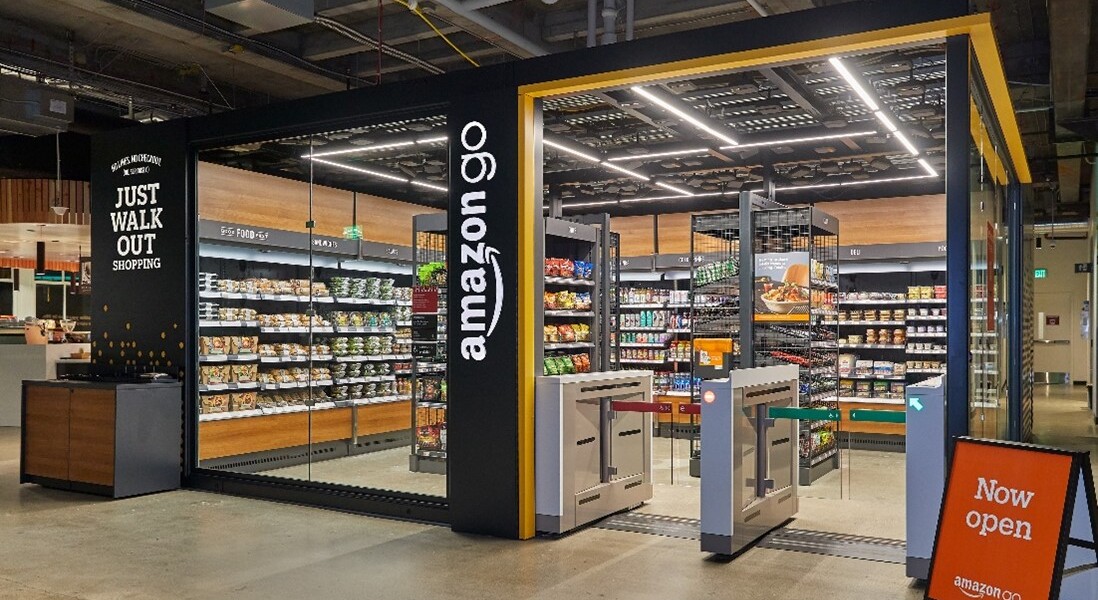Despite every college & university having its own unique student body, we seem to hear some common themes pertaining to food service operations when we talk to students across the country. Fortunately, JGL has worked with clients throughout the nation and has seen a variety of potential solutions! Here are just a few of the most common items on students’ wish lists and a couple of solutions to consider implementing in your dining program.
- There aren’t any late-night dining options
This is one of the most persistent complaints that we hear from students. While regular operating hours can accommodate 95% of student dining needs, there are always individuals looking for a bite to eat after practice or a late-night class gets out. With many schools closing their dining halls prior to the last class block, this leaves students without options. Some in our industry subscribe to the 24/7 dining hall model in an effort to address this problem, but we don’t see this as an efficient solution for all. A much more cost-effective alternative is the introduction of C-Stores in residential halls or other nearby buildings that are accessible late at night. C-Stores can accommodate anyone looking for a quick snack or drink late at night (which encompasses the vast majority of late-night needs) but can also offer complete pre-packaged meals when the dining hall is closed. They’re also very inexpensive to operate as they don’t require full-time staff. Some food service operators have even begun introducing Amazon Go frictionless stores which can be integrated with student meal plans or dining dollars. Preliminary results have shown that these are widely appreciated by students and haven’t resulted in a noticeable increase in theft which some initially suspected.
- There aren’t any options for individuals with religious dietary restrictions.
With an ever-increasing awareness surrounding inclusivity on campus, colleges and universities have made remarkable strides in accommodating individuals with a variety of needs. Dining is an important part of the conversation surrounding inclusivity. Unfortunately, dining options for students with religious restrictions remains a very common shortfall. Depending on your institution’s budget, there are several options to help increase offerings. The least costly option is for your institution or food service provider to contract with local kosher or halal providers. They can provide pre-packaged items on a daily basis to act as a stopgap prior to a more permanent solution. If your population is large enough however, you may want to consider creating dedicated halal/kosher concepts; JGL has worked with several higher-education colleges & universities who have created kosher and halal stations and even entire dining halls for their students. Regardless of your approach, communication with students is just as important, if not more, than creating the offerings themselves. When we meet with students, we inevitably hear that they lack confidence or certainty that what’s being offered is meeting their religious dietary needs. A transparent and vocal program that proactively shares exactly what is being offered is the true key to success here.
- There isn’t enough variety in dining options.
Regardless of how many locations and concepts your dining halls may have, students will inevitably become tired of the same cycle menus employed by most food service operators over the course of a semester. Many operators are quite competent at bringing variety to core menus, but very few have the culinary strength and procurement framework to execute truly diverse, authentic culinary cuisines. The same reason that many colleges outsource their food services (not a core competency) is the same reason that these food service operators should look to outsource authentic menu options. One approach might be to dedicate a dining hall station to local 3rd party restaurant partners. The more comprehensive (but challenging) approach is to integrate local restaurants directly into your board plans. This can be a complicated and drawn- out undertaking involving negotiations with potential partners, reviewing meal plan costs to determine profitability, reviewing food safety/HACCP plans, and integrating partner IT frameworks with software used by your food service provider. Despite these added complications, integrating partners into your board plans is a concrete way to encourage the student body’s involvement with the local community and provides options that simply wouldn’t be possible with a just a contract food service operator.
Food service operations are a critical part of the recruitment effort and student experience for any college or university. The food service program has the power to signal an institution’s commitment to sustainability, equity and inclusion, food insecurity and nutrition. Are you listening to the voices on your campus? JGL can help ensure that you are responding in an effective way!

